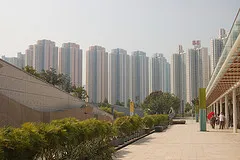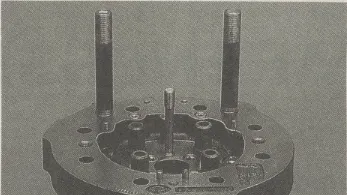
Buying additional residential property pricier than ever
New measure criticized as ineffective.
The Hong Kong government has announced that effective from November 5, non-first time home buyers need to pay a standardized 15% stamp duty, replacing the existing progressive tax.
According to a research note from Natixis, the increase of the stamp duty to a standard 15%, even higher than the existing highest rate at 8.5% for home valued $21,739,131 and above, means that buying an additional residential property is even more expensive than before.
The most affected segment is the lowest price-tag homes, which are the ones that most Hong Kong people could afford. For example, for an investor who buys a home valued at HK$4 million, that would induce a standard stamp duty of HK$600,000 under the new policy, compared to just HK$180,000 in the existing progressive stamp duty schedule. In this sense, the middle-income class should be mostly affected.
Here's more from Natixis:
This policy, together with previous policies imposed by the HKMA and the HK government, in fact would build more hurdles for the middle income class to buy properties and may not help the lower income class.
If property developers build few homes due to expected lower transaction volume, then supply of homes (even properties that are bought for leasing out) would increase at a slower rate, and rental prices could further climb if demand for smaller flats increases, which is the case happening in Hong Kong. The low income family or individuals who are waiting in the long queue of renting a public housing unit would suffer from higher rents.
This tightening measure may not be effective because property developers could provide discount of 15% in the primary market. On the other hand, the secondary market is expected to be hit hard as transaction volume would be very low.
Property price might go lower temporarily for a few months, but whether it would drop more than 15% is uncertain, in fact, it might continue to rise as Mainland major cities also execute tightening mortgage policies, and the RMB is depreciating against HKD, the 15% standardized stamp duty may not stop foreign demand for Hong Kong residential properties. Further, investors would change their targets from residential to non-residential properties, which are still not subject to the new 15% stamp duty.








![Cross Domain [Manu + SBR + ABF + ABR + FMCG + HBR + ]](https://cmg-qa.s3.ap-southeast-1.amazonaws.com/s3fs-public/styles/exclusive_featured_article/public/2025-01/earth-3537401_1920_4.jpg.webp?itok=WaRpTJwE)









 Advertise
Advertise


